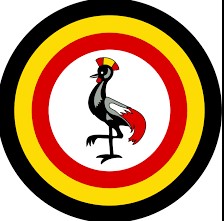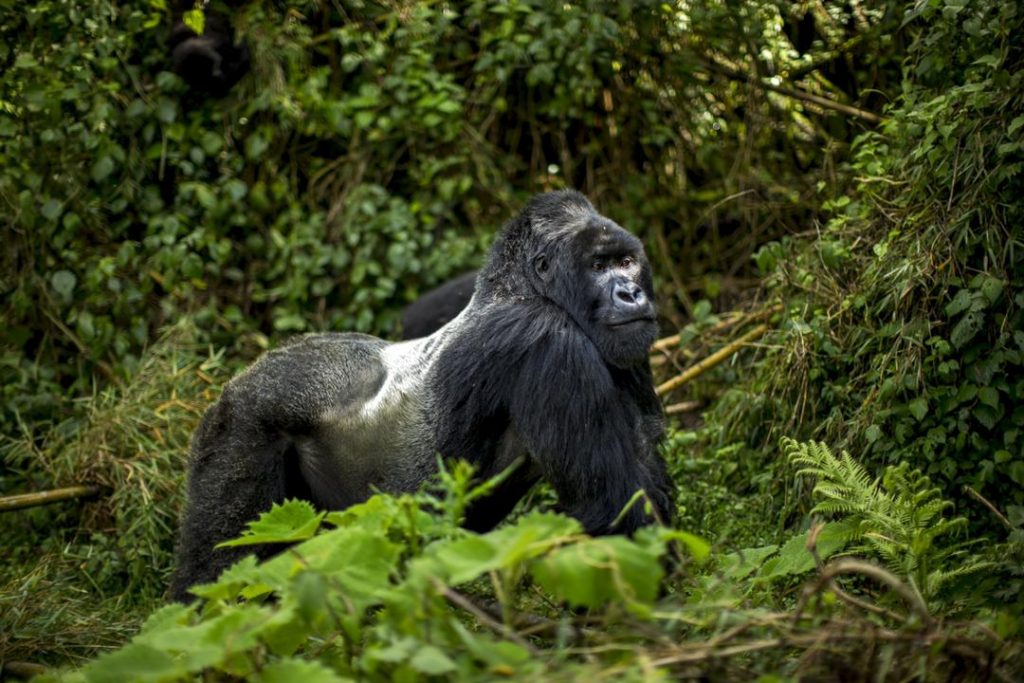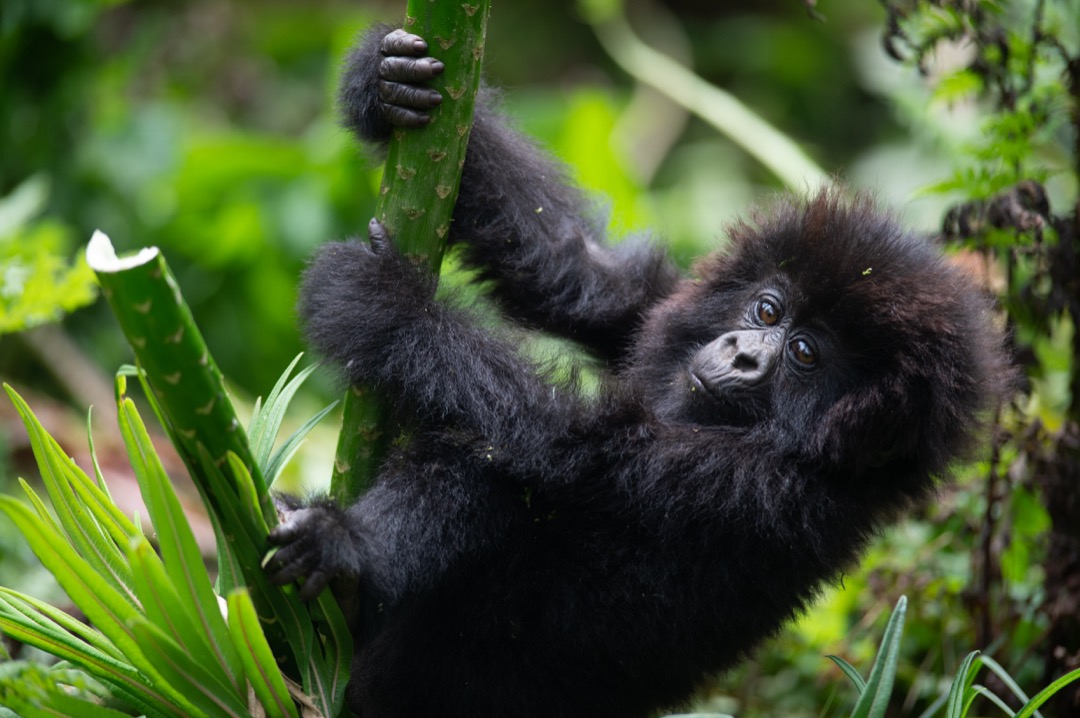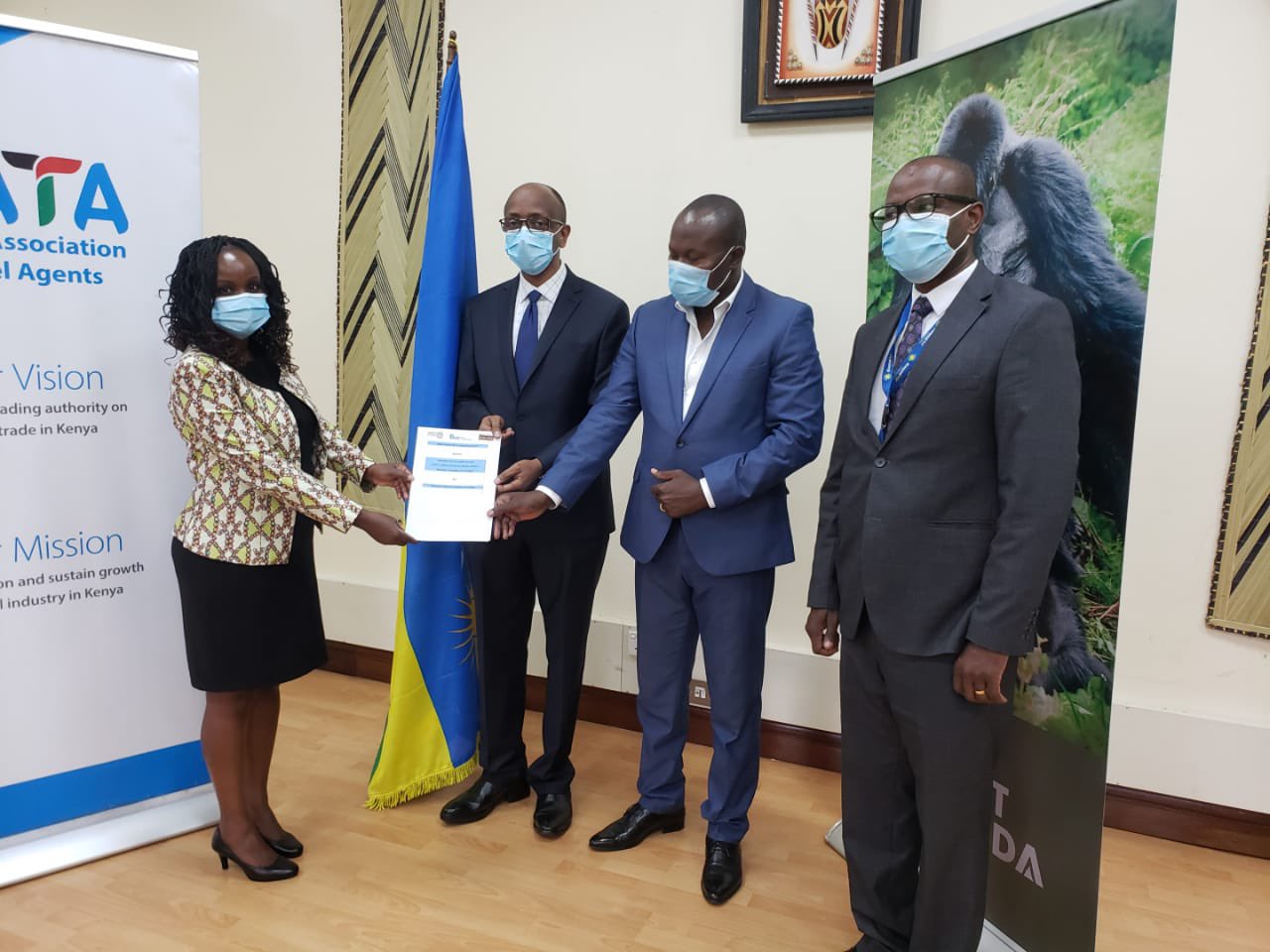Regional
Rwanda’s unique tourism strategy benefiting communities, propelling development
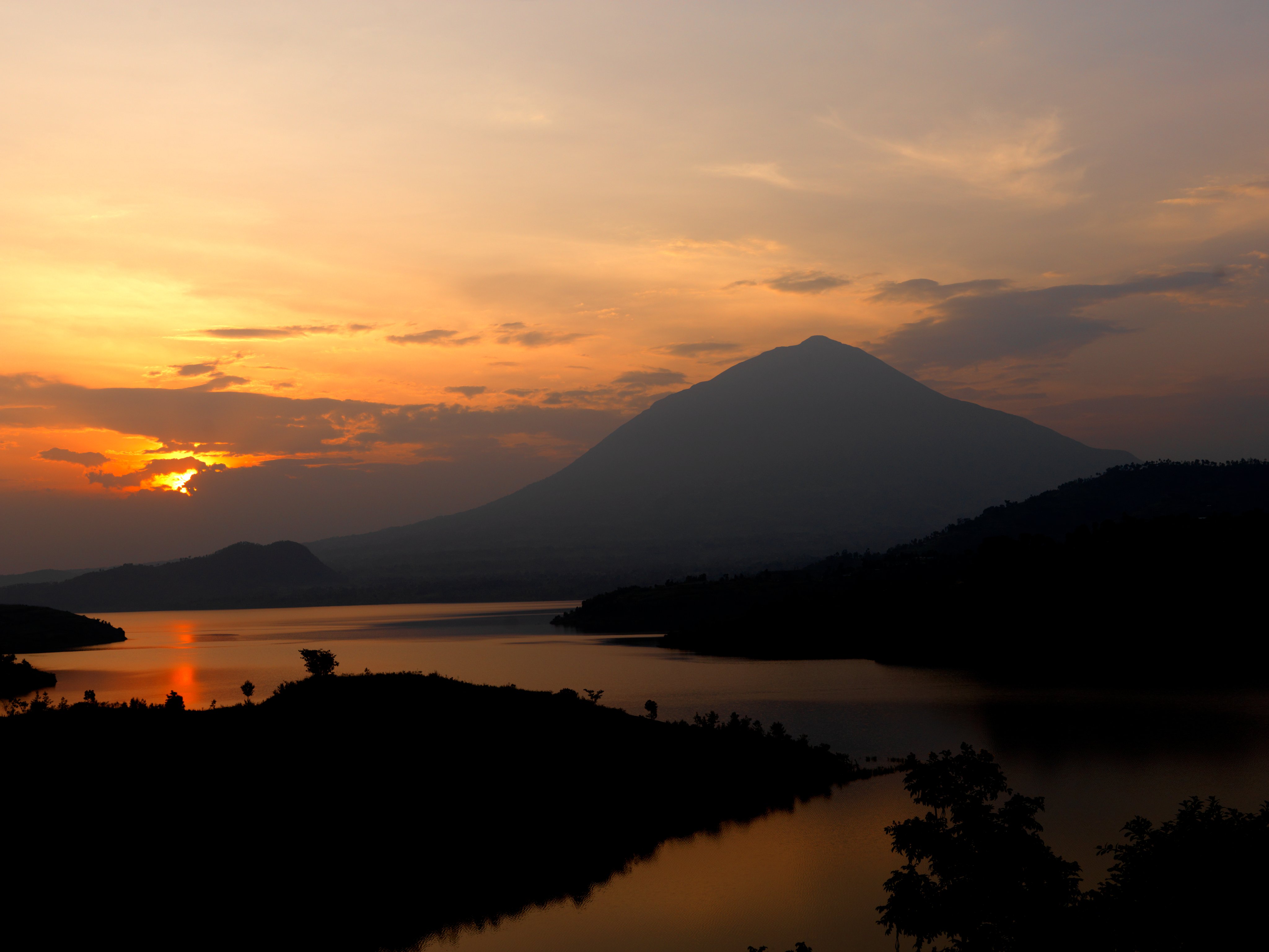
Volcanoes and waterbodies of Rwanda are among the country's features attracting tourists.
Conservation
is acknowledged worldwide as a prerequisite for sustainable tourism and
economic development. And Rwanda’s conservation journey has progressed
enormously, with the country well known for addressing large-scale challenges
in conservation.
Kigali
is hosting the World Travel and Tourism Global Summit, an influential
event on the Travel and Tourism calendar that brings together thousands of
industry leaders, experts and government officials to continue aligning efforts
to support the sector’s growth and move towards a safer, more resilient,
inclusive, and sustainable future.
The
23rd WTTC Global Summit, from November 1 to 3, will provide a great platform to
build bridges across the tourism and travel ecosystem, and co-design a
sustainable future for the sector to achieve its full potential.
"Rwanda
is the perfect venue for our Global Summit, as the sector embarks on a
significant new chapter. Africa has the world’s youngest population and by
2033, $1 in every $13 created in Africa, will come from Travel and Tourism and
1 in 17 jobs will be in the sector. This demonstrates the huge potential the
continent’s sector has for new jobs and new economic growth for young people
across Africa,” WTTC President and CEO Julia Simpson said.
Rwanda's
commitment to conservation goes beyond the realm of wildlife protection, and
extends these gains to the local communities as well.
The
tourism industry continues to be one of the fastest-growing sectors in Rwanda,
generating millions of dollars in revenue each year. The $247 million generated
in the first half of 2023, was a 56 per cent increase compared to $158 million
in the same period in 2022. The country aims to increase tourism receipts to
$800 million by 2024.
Tourism
has played a major role in helping local communities; with one of the major
tourism initiatives being the Revenue Share Programme introduced – in 2005 by
the government – to guide investment in areas surrounding the country’s
national parks.
Over
$1.28 million has been distributed by the government to more than 158
community-based projects that have availed clean drinking water, health
centers, classrooms and housing to members of the communities living around the
three national parks; Akagera National Park, Nyungwe National Park and Volcanoes
National Park.
Due to this initiative, local communities own and benefit from the conservation of wildlife, hence reduce illegal activities such as poaching which would harm their environment. It further facilitates in compensating farmers whose businesses, especially farming, were ruined by wild animals.
Community
involvement has had such a huge influence on conservation as people who used to
be poachers are now dedicated protectors of wildlife.
The
revenue sharing scheme made communities living around national parks register
more improvement in terms of development.
Rwanda
attracted about 110,000 visitors to its national parks in 2022, registering an
increase of 142.4 per cent from 2021.
In
2005, Rwanda began naming mountain gorillas (Kwita Izina) in what has become a
global celebration of nature. By giving names to these ‘majestic’ animals, they
are given the value they deserve.
Kwita
Izina is modelled off a centuries-old tradition in which Rwandans name their
children in the presence of family and friends.
The
ceremony’s meaning goes beyond just naming baby gorillas. Rwanda not only
celebrates the birth of baby mountain gorillas but also the country’s
commitment to conservation as a major part of its strategies and priorities.
At the
core of Rwanda's conservation story is its strategy of "high value,
low-volume" tourism for gorilla trekking. This calibrated approach limits
the number of daily visitors to each gorilla family, ensuring minimal
disturbance to these magnificent creatures.
This
fosters an intimate connection between tourists and gorillas and propels
economic development.
To date, Rwanda has established itself as a leading eco-tourism destination and a global conference hub. It has a high quality and diversified tourism product that makes a great contribution to the socio-economic development of the country.


